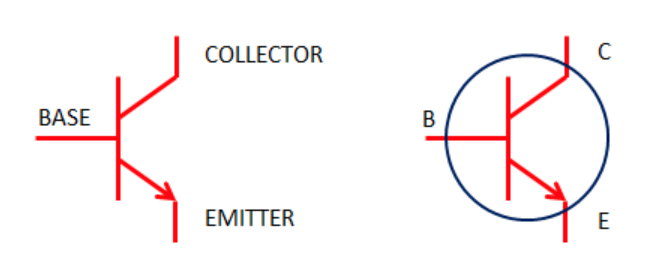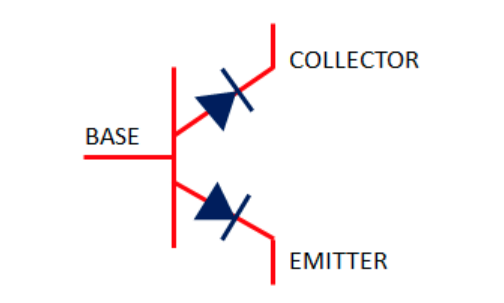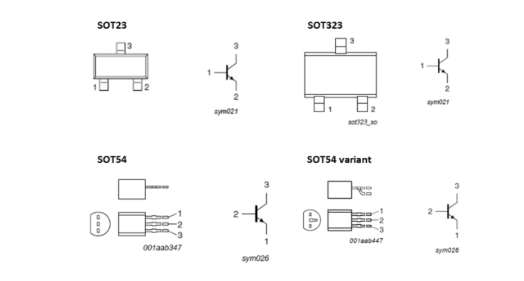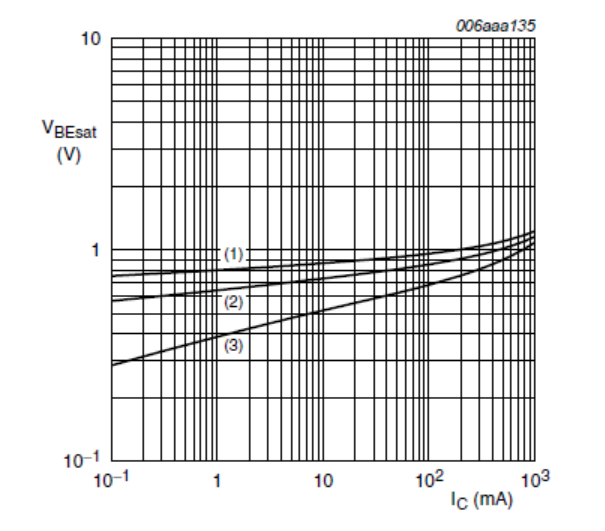+86 134 0021 8776
+86 134 0021 8776
Jun. 16, 2023
1.Composition and packaging of triode
I believe we all know triode, NPN transistor is actually has two N-type material (or negative carrier), and only a P-type material (or positive carrier) bipolar junction transistor name, NPN transistor using the following schematic notation. NPN transistors have two N-type materials sandwiching P-type materials. In N-type materials, negative charges predominate, while in P-type materials, positive charges predominate.

An NPN transistor can be thought of as a diode with two anodes connected, as shown below. For diodes, the anode is basically positive and the cathode is negative, and the NPN transistor has two diodes connecting the anode because the P-type material is sandwiched between two N-type materials.

Now NPN transistor has a variety of packaging forms, such as NXP Company is currently used more low-power NPN transistor BC817 has the following types of packaging.

2.Principle of NPN transistor
A bipolar junction transistor is a current-controlled device, which means that it requires a current to flow to its base for it to function as expected. It is not the voltage level applied to the base that makes the transistor work, but the current flow to the base. Having understood this property, it is now obvious that we need a resistor in series with the base to set the level of current flowing through the base. In fact, there are two things we need to keep in mind when dealing with NPN transistor circuits:
a. Make the triode on
b. Set the working mode of the component
To turn the transistor on, the base-emitter junction voltage must be overcome. The voltage needed to overcome the base junction voltage (VBE) is the same as the diode voltage drop, typically around 0.7V. In practice, Vbes must be based on the specifications of the transistors used.


In common applications, the voltage applied to the base is always much higher than that applied to the VBEsat, so variations in the VBEsat due to temperature may not be a problem. However, if changes in Vbes are not properly taken into account, the operation of the transistor can sometimes be jeopardized because the base current changes when operating in the active region and then the collector current changes as well. Once the VBE was overcome, the triode became the current control device. As long as the operation is in the amplifier area, the collector current is largely determined by the base current. The base and collector currents of NPN transistors are related to β (β). Once the NPN transistor is switched on, it can be set to operate as an amplifier or a switch. These depend on the base current.
Previous: PCB and PCBA: What's the difference
Next: PCB board main material
Hot Products
Navigation
+86 134 0021 8776
Floor 9, Aupu building, No. 395 XinShi North Road, Shijiazhuang Hebei, China
Request a Quote
